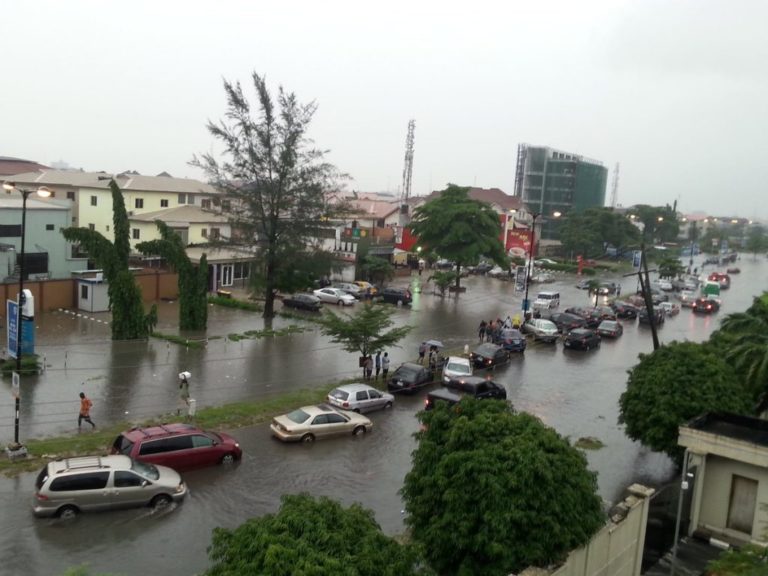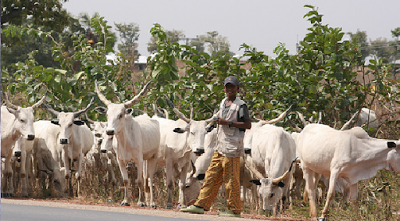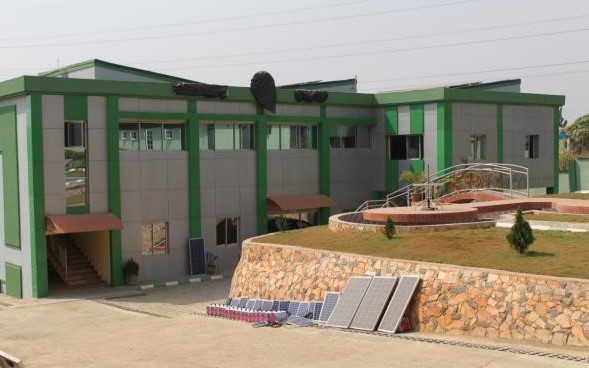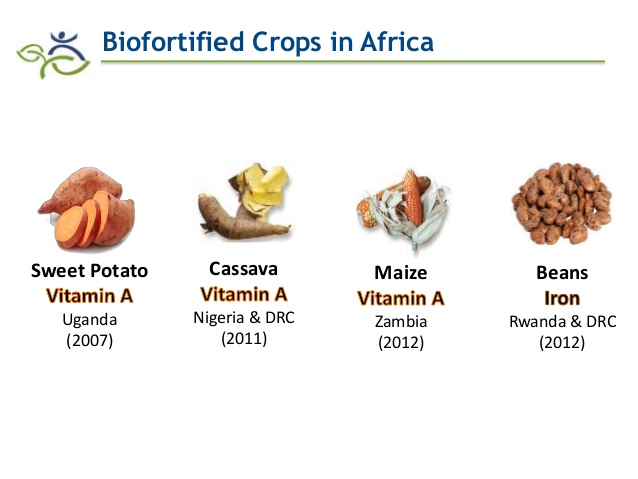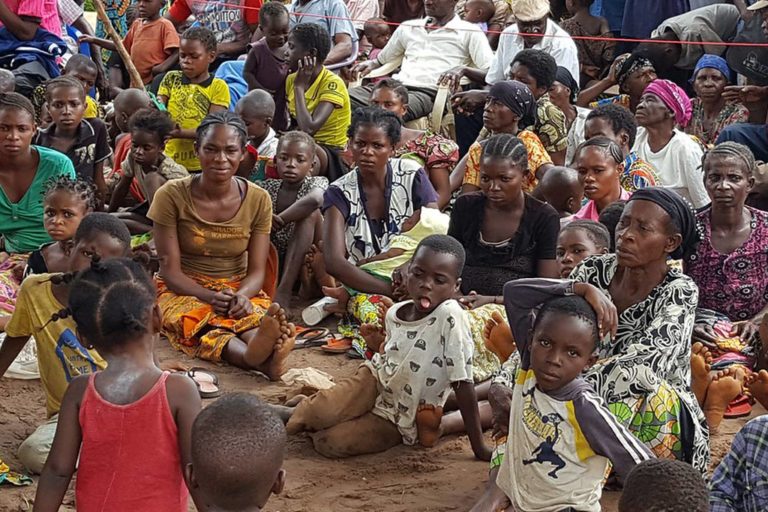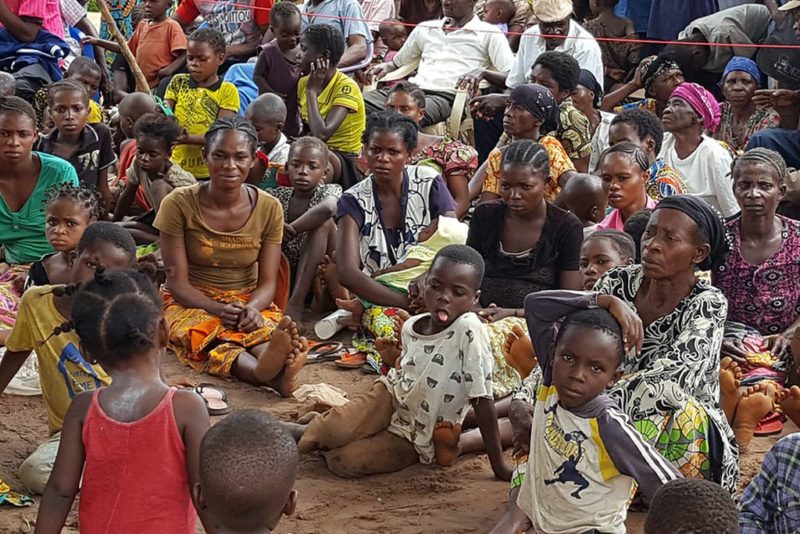Communities in Britain were warned on Friday, February 16, 2018 to be prepared for more frequent flooding as a result of climate change.

The government’s Environment Agency (EA) launched a Flood Action Plan to prepare areas of the country likely to be vulnerable to greater flood risks.
EA said the floods followed severe pattern over the past 10 years, linked to increase in extreme weather events as Britain’s climate continued to change.
Weather office records show that, since 1910, there have been 17 breaking rainfall months or seasons, with nine of them occurring since 2000.
“As intense storms are becoming more frequent, sea levels are also rising because of climate change.
“The agency’s new campaign targets younger people through social media and online advertising to encourage them to check their flood risks.
“They can sign up at the government’s official website for free warnings and be prepared to take action when flooding hits,’’ EA said.
Research shows that 18 to 34 year olds are least likely to perceive flood risk to their area, know how to protect their homes or where to go for information.
They are also at highest risk of fatality as they are less likely to perceive their personal risk.
According to the EA’s CEO Sir James Bevan, climate change is likely to mean more frequent and intense flooding. Floods destroy lives, livelihoods, and property.
“Our flood defenses reduce the risk of flooding, and our flood warnings help keep communities safe when it threatens.
“But we can never entirely eliminate the risk of flooding.
“Checking flood risk is the first step to protecting people and their loved ones and their homes,’’ Bevan said.
In summer 2012, the lengthy period of drought Britain had experienced came to an abrupt end when prolonged and intense rainfall increased the risk of flooding from rivers and surface water for long periods.
Almost 8,000 homes and businesses were flooded across the country, particularly in the south west of England.
The winter of 2013 to 2014 started with a coastal surge and record sea levels on the north and east coasts.
This was followed by 12 storms in succession and became the wettest winter for 250 years, while 11,000 homes were flooded.
Winter 2015 to 2016 brought widespread flooding to 17,000 properties across the north of England, with named storms Desmond, Eva and Frank causing December 2015 to be the wettest month ever recorded.
“The threat of flooding is real and increasing, as is also demonstrated by its listing as one of the nation’s major threats,’’ EA added.
The Met Office recently published new innovative research which found that for England and Wales there is a 1 in 3 chance of a new monthly rainfall record in no less than one region each winter.
Met Office researcher, Prof. Adam Scaife, said that the Met Office supercomputer was used to simulate thousands of possible winters, some of them much more extreme than they have yet witnessed.
“This gave many more extreme events than have happened in the real world, helping us work out how severe things could get,’’ Scaife said.


